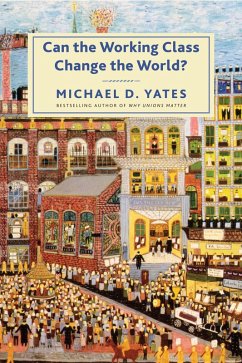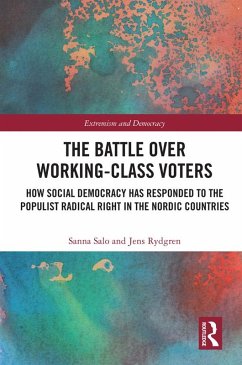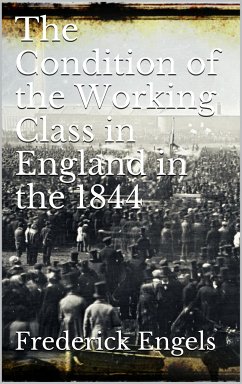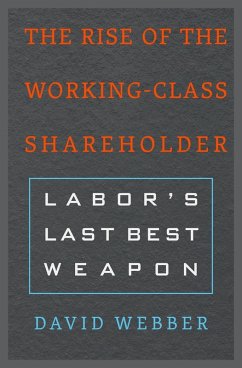
The Working-Class Tories (eBook, ePUB)
Authority, Deference and Stable Democracy

PAYBACK Punkte
9 °P sammeln!
The Working-Class Tories: Authority, Deference and Stable Democracy by Eric A. Nordlinger explores the paradox of a majority working-class society that consistently produces a stable and effective democracy, and in which a substantial segment of the working class votes Conservative. At the heart of Nordlinger's argument is the fusion of democratic consent with hierarchical authority in English political culture. Leaders are expected to lead, often with wide autonomy, while the electorate largely consents after the fact-what L. S. Amery called "democracy by consent and not by delegation." This ...
The Working-Class Tories: Authority, Deference and Stable Democracy by Eric A. Nordlinger explores the paradox of a majority working-class society that consistently produces a stable and effective democracy, and in which a substantial segment of the working class votes Conservative. At the heart of Nordlinger's argument is the fusion of democratic consent with hierarchical authority in English political culture. Leaders are expected to lead, often with wide autonomy, while the electorate largely consents after the fact-what L. S. Amery called "democracy by consent and not by delegation." This acceptance of strong, independent leadership is historically rooted in the early and enduring legitimation of centralized authority after the Norman Conquest, which ensured that critiques targeted mismanagement rather than authority itself. Nordlinger situates this dynamic by contrasting Tory and Labour models of authority. Tory thought emphasizes hierarchy, elite leadership, and authoritative decision-making bounded by conventions, while Labour ideology is more egalitarian, viewing the people as the source of sovereignty and resisting aristocratic leadership norms. Yet survey data and political practice show the Tory model dominates: both Conservative and Labour voters prize strong leaders willing to make unwelcome decisions above honesty or technical competence. This cultural preference underpins the dominance of Prime Ministers, who act first and seek assent later, as with Attlee's decision to build the atomic bomb or Eden's Suez intervention-actions seen as constitutional and legitimate. Party hierarchies mirror this structure, with leaders exercising "enormous" autonomous authority. By examining these patterns, Nordlinger demonstrates how deference to hierarchical authority, even among manual workers, explains the stability of British democracy and the electoral strength of the Conservative Party in a predominantly working-class nation. This title is part of UC Press's Voices Revived program, which commemorates University of California Press's mission to seek out and cultivate the brightest minds and give them voice, reach, and impact. Drawing on a backlist dating to 1893, Voices Revived makes high-quality, peer-reviewed scholarship accessible once again using print-on-demand technology. This title was originally published in 1967.
Dieser Download kann aus rechtlichen Gründen nur mit Rechnungsadresse in A, D ausgeliefert werden.













